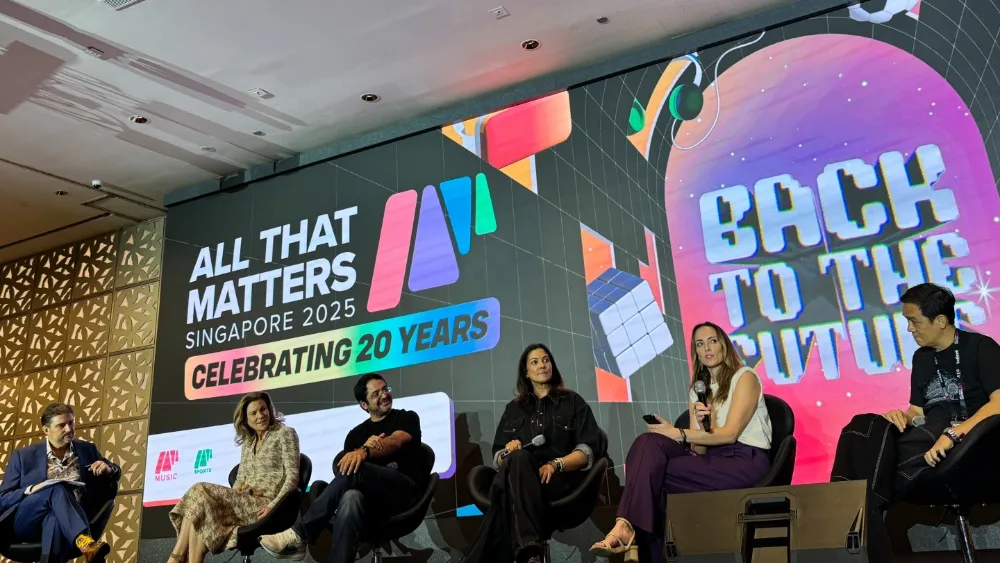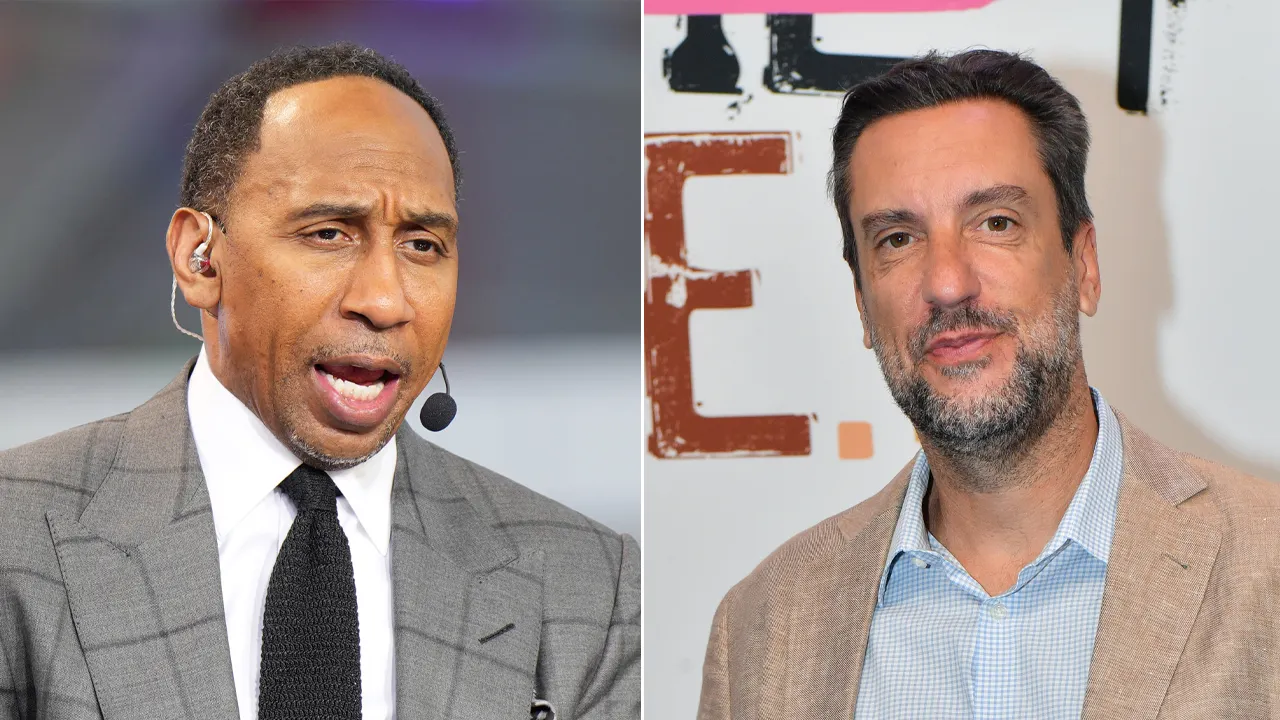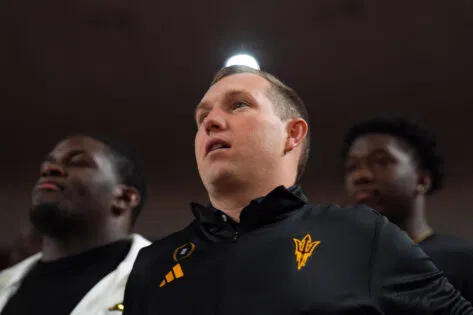
A high-powered panel at the All That Matters conference in Singapore brought together leaders from sports, gaming, music, marketing and emerging tech to debate what drives entertainment now — and what will shape its future.
Moderated by Branded CEO Jasper Donat, the discussion featured Amanda Staveley, CEO of PCP Capital Partners; Akshat Rathee, managing director of Nodwin Gaming; Gita de Beer, global strategy and incubator brands lead at Heineken; Rebecca Barkin, co-founder and CEO of Lamina1; and Calvin Wong, CEO of Universal Music Group Southeast Asia and Korea.
Staveley, who with her husband has built a global investment portfolio across media and sport, said her group is raising a dedicated sports and media fund. “The one thing that is consistent is that sport is fabulous content,” she noted, adding that younger demographics demand “leading edge” delivery and fan engagement. She flagged the looming shift to direct-to-consumer models, saying it could take “six, seven billion pounds” ($8-9.4 billion) to embed fully at Premier League soccer level.
Rathee highlighted seismic changes underway in gaming. “For the first time ever, there are more young gamers on planet Earth than older gamers,” he said, noting the median age is dropping by about seven months each year. He also pointed to “power in gaming shifting from China to Saudi Arabia,” alongside a move from PC to mobile-first consumption.
At one point, Rathee declared that “it’s all going to be on this,” while gesturing to his glasses. He explained that Meta, Google and Amazon are all preparing new smart glasses, signaling what he sees as the coming redundancy of mobile devices. He predicted the next generation of breakout titles will come from fans themselves, citing the history of “Counter-Strike” and “Dota” as mods that grew into decades-long franchises. Looking ahead, he argued that “the highest level of premium experiences will go physical, but they’ll be based on digital camaraderie,” pointing to phenomena such as Comic-Con and “Kpop Demon Hunters mashups” as examples of communities born online that spill over into real-world gatherings.
De Beer identified three key factors for brands: speed, localization and attention. “For global brands, they really need to build global brands, but with a very hard local soul,” she said, warning that consumer attention spans have now shrunk to “less than a second.”
Barkin stressed the importance of decentralization and giving both creators and fans a stake in IP. “For entirely too long, IP creators have sacrificed their rights in exchange for visibility,” she said. Lamina1, co-founded with sci-fi writer Neal Stephenson, is developing blockchain-based platforms aimed at restructuring content economics. “The idea that you could have a direct connection with fans as an IP holder and work with them to do world building… with better economics and a piece of equity — that’s what we’re focused on,” she added.
Wong underlined copyright protection and long-term artist development as central to UMG’s strategy. “If the ecosystem doesn’t allow that to happen, music will become a lot more boring going forward,” he said, referencing the years-long development of artists such as Sabrina Carpenter. He pointed to the global rise of Asian talent, including Malay-Sikh DEF Jam rapper Abangsapau, who performed at the event, Indian rapper Hanumankind and Thai acts selling out Japan. Wong also highlighted UMG’s new “music for wellness” initiatives, using pop songs with artists’ permission to aid focus, relaxation and sleep.
All That Matters, which began as a music conference, and has grown to encompass sports, gaming, web3, marketing and content, is celebrating its 20th edition this year.



